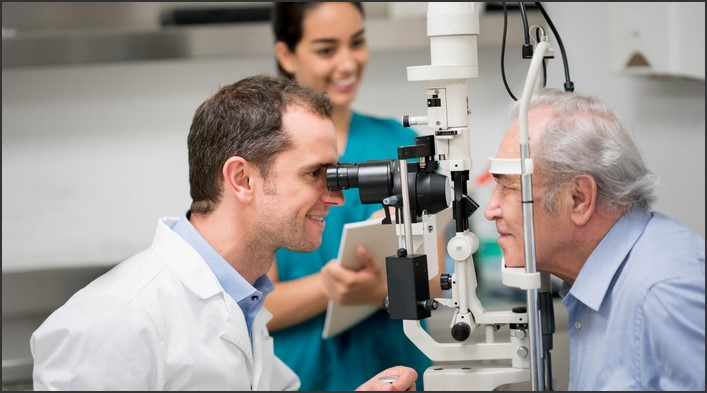
Hormone imbalance and weight gain are interconnected health issues that many individuals face. Hormones play a crucial role in regulating various bodily functions, including metabolism, appetite, and fat storage. When these hormones are out of balance, it can lead to unexplained weight gain or difficulty in losing weight. Conditions such as hypothyroidism, polycystic ovary syndrome (PCOS), insulin resistance, and menopause can cause hormonal imbalances that affect weight. Understanding the connection between hormone imbalance and weight gain is essential for effective management and treatment of these conditions.
Exploring the Link: Hormone Imbalance and Weight Gain
Hormone imbalance and weight gain are two health issues that are often intertwined, creating a complex relationship that can be challenging to understand. However, by delving into the science behind these two phenomena, we can begin to unravel the connection and gain a clearer understanding of how they influence each other.
Hormones are chemical messengers that regulate numerous bodily functions, including metabolism, appetite, and fat storage. When these hormones are in balance, they work in harmony to maintain a healthy weight. However, when they are out of balance, it can lead to weight gain or difficulty losing weight.
One of the key hormones involved in weight regulation is insulin. Insulin is responsible for regulating blood sugar levels by facilitating the uptake of glucose into cells for energy. When insulin levels are consistently high, due to factors such as a diet high in sugar and refined carbohydrates, it can lead to insulin resistance. This condition impairs the body’s ability to effectively use insulin, leading to higher levels of glucose in the blood. Over time, this can result in weight gain, particularly around the abdomen.
Another hormone that plays a crucial role in weight management is leptin. Produced by fat cells, leptin signals to the brain when you have enough energy stored and it’s time to stop eating. However, in individuals who are overweight or obese, the brain may become resistant to leptin’s signals, leading to overeating and weight gain.
Cortisol, often referred to as the stress hormone, is another key player in the hormone-weight connection. When we’re under chronic stress, our bodies produce more cortisol, which can lead to increased appetite and cravings for high-fat, high-sugar foods. Over time, this can contribute to weight gain and make it more difficult to lose weight.
Thyroid hormones also play a significant role in weight management. These hormones regulate metabolism – the process by which our bodies convert food into energy. When thyroid hormone levels are low, it can slow down metabolism, leading to weight gain and difficulty losing weight.
While the relationship between hormone imbalance and weight gain is complex, it’s clear that maintaining hormonal balance is crucial for weight management. However, it’s important to note that hormones are not the only factor influencing weight. Lifestyle factors such as diet, physical activity, sleep, and stress management also play a significant role.
Addressing hormone imbalances often involves a multifaceted approach, including dietary changes, regular physical activity, stress management techniques, and in some cases, medication. It’s also important to work with a healthcare provider who can help identify any underlying hormonal imbalances and provide guidance on the most effective treatment strategies.
In conclusion, understanding the connection between hormone imbalance and weight gain is a crucial step in managing weight and promoting overall health. By maintaining a balanced lifestyle and addressing any underlying hormonal imbalances, it’s possible to support healthy weight management and improve overall wellbeing.In conclusion, there is a significant connection between hormone imbalance and weight gain. Hormones regulate many functions in the body, including metabolism and appetite. When these hormones are out of balance, it can lead to increased appetite, slowed metabolism, and ultimately, weight gain. Conditions such as hypothyroidism, polycystic ovary syndrome (PCOS), and menopause can cause such hormonal imbalances. Therefore, maintaining hormonal balance is crucial for weight management.




